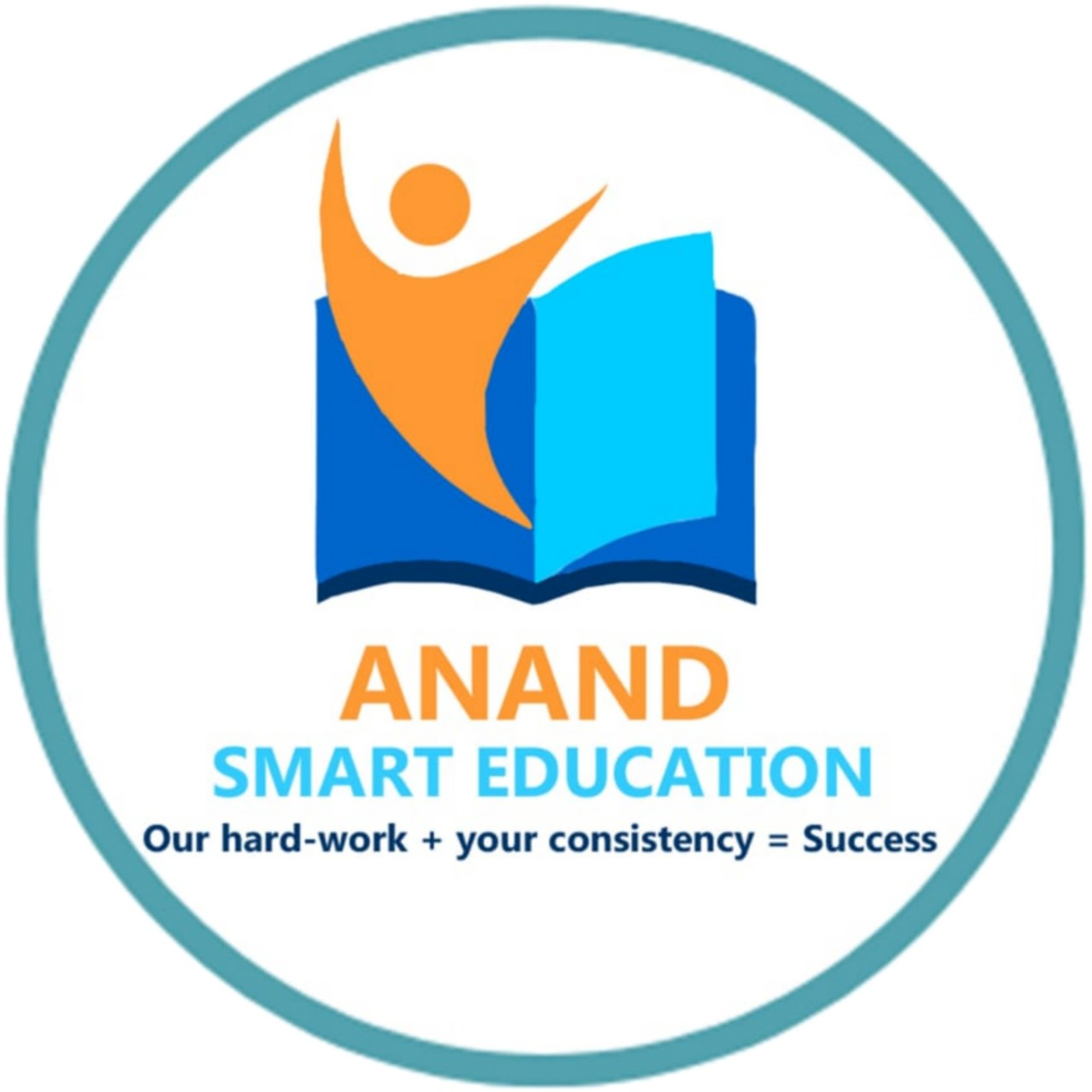Text book vs Reference book
Maximizing Learning: Understanding the Difference Between Textbooks and Reference Books
Introduction:
In the realm of education, textbooks and reference books play crucial roles in shaping the learning experience of students. Textbooks serve as comprehensive guides that cover the syllabus, while reference books provide additional in-depth information and insights on specific topics. Understanding the distinction between textbooks and reference books is essential for students to optimize their learning potential. This blog post delves into the nuances of textbooks and reference books, highlighting their respective benefits and how they can be effectively utilized to enhance the learning journey.
Textbooks:
Textbooks are structured resources designed to follow a prescribed curriculum or syllabus. They serve as the primary source of information for students, offering a systematic approach to learning different subjects. Textbooks typically present foundational concepts and theories in a clear and concise manner, making them accessible to students of varying academic levels. The content in textbooks is organized by topics and chapters, covering a wide range of subject matter in a structured format.
Key Characteristics of Textbooks:
- Curriculum Alignment: Textbooks are meticulously aligned with the educational curriculum and standards, ensuring that all necessary topics are covered comprehensively. This alignment makes them indispensable in formal education settings.
- Structured Layout: The systematic organization of topics into chapters and sections helps in creating a logical flow of information, aiding in gradual learning progression.
- Standardization: Textbooks provide a consistent learning experience for all students, ensuring that everyone receives the same foundational knowledge necessary for exams and academic progression.
- Ease of Use: With exercises, summaries, and review questions included, textbooks are designed to facilitate self-study and revision, making them practical for daily use.
Textbooks are crucial for building a foundational understanding of a subject and are often used as the primary teaching and learning material in educational institutions. They ensure that students grasp the essential concepts and principles required to progress in their studies.
Reference Books:
On the other hand, reference books provide supplementary information that goes beyond the scope of textbooks. Reference books are more specialized and in-depth, offering detailed explanations, examples, case studies, and additional resources on specific topics within a subject. These books are intended to supplement the content covered in textbooks, providing students with a deeper understanding of complex concepts and helping them delve into specific areas of interest.
Key Characteristics of Reference Books:
- Specialization: Reference books focus on particular aspects or advanced topics within a subject, offering comprehensive and detailed coverage that goes beyond the basics presented in textbooks.
- In-depth Analysis: They often include extensive examples, case studies, research findings, and critical analyses that enhance understanding and provide real-world context.
- Advanced Knowledge: Reference books are ideal for students who wish to deepen their knowledge, pursue specialized interests, or require additional material for research projects and advanced studies.
- Variety of Perspectives: These books may present diverse viewpoints and methodologies, encouraging critical thinking and a broader understanding of the subject matter.
Reference books are valuable tools for students seeking to expand their knowledge, conduct further research, or gain insights beyond the standard curriculum. They allow students to explore topics more deeply and from different perspectives, fostering a richer learning experience.
Differentiation and Utilization:
While textbooks and reference books serve distinct purposes, they complement each other to enrich the learning process. Textbooks lay the foundation by presenting core concepts and theories in a structured manner, making them essential for covering the syllabus and understanding key subject matter. Reference books, on the other hand, offer detailed explanations, real-world applications, and additional resources that enhance students’ understanding and critical thinking skills.
Effective Utilization:
- Complementary Use: Students should use textbooks to establish a strong foundation in the subject and then refer to reference books to explore topics in greater depth. This combination helps in solidifying knowledge and developing a well-rounded understanding.
- Targeted Learning: When facing difficulties in understanding certain concepts, students can turn to reference books for clearer explanations, different perspectives, or more examples, thus overcoming learning obstacles effectively.
- Research and Projects: For assignments, projects, or research, reference books are invaluable in providing the depth and breadth of information needed to produce high-quality work.
Benefits of Using Textbooks and Reference Books:
- Comprehensive Understanding: Textbooks provide a systematic overview of a subject, while reference books offer detailed insights and specialized information, enabling students to develop a thorough understanding of the topic.
- Critical Thinking Skills: Reference books challenge students to think critically, analyze information, and make connections between different concepts, fostering a deeper level of learning and intellectual growth.
- Research and Exploration: Reference books serve as valuable resources for conducting research, exploring specific topics in greater depth, and expanding one’s knowledge beyond the standard curriculum.
- Exam Preparation: Textbooks are essential for exam preparation as they cover the syllabus comprehensively, while reference books help students clarify doubts, solve complex problems, and enhance their understanding of challenging topics.
Conclusion:
In conclusion, textbooks and reference books are integral components of the learning process, each serving unique purposes in helping students acquire knowledge and deepen their understanding of subjects. By effectively utilizing both textbooks and reference books, students can optimize their learning experience, enhance their critical thinking skills, and expand their knowledge horizon. At Anand Smart Education, we acknowledge the significance of textbooks and reference books in facilitating comprehensive learning and provide guidance on leveraging these resources to maximize academic success.
By enhancing visibility and reach for the website [www.anandsmartedu.co.in](http://www.anandsmartedu.co.in) through SEO optimization, this blog post aims to generate informative content that resonates with students and educators alike. Students are encouraged to explore the rich resources available through both textbooks and reference books, embracing a holistic approach to learning that prepares them for academic success and lifelong intellectual growth.
- anandsmartedu.co.in
